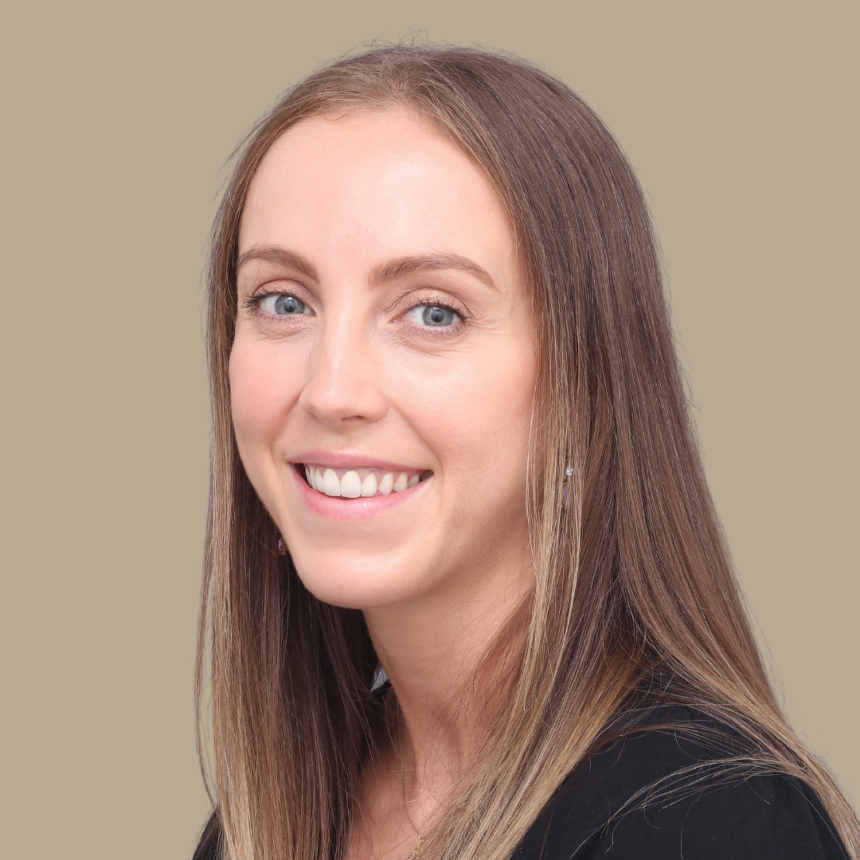What is menopause?
The word menopause refers to the last or final menstrual period and is confirmed when a woman has not had a period for 12 consecutive months. It is a hormonal shift that most commonly occurs when woman are in their forties or fifties. There are some exceptions to this, but this is the most common time frame.
The hormonal transition of menopause lasts around 7 years and during this time the body’s production of estrogen and progesterone shifts and we produce less. This leads to a host of changes in the body such as broken sleep pattern, night sweats, fluid retention, weight gain and changes in the skin.
Changes in the skin during, and post menopause
There are a lot of changes that occur in the skin, but these are the most common women will experience in relation to menopause.
- Itching and dry skin is one of the most common complaints from woman around the time of menopause as estrogen decreases, and is required for the skins natural hydration and it helps the skin produce ceramides, natural hyaluronic acid and sebum. Without these substances water evaporates easily causing the skin to become dry, scaley and sometimes more reactive.
- Redness and flushing are well recognised symptoms of menopause. It is a condition in the skin in which the blood vessels become active and as a result, Rosacea seems to be more common during menopause.
- Acne and breakouts are not pleasant at any stage in life and can be frustrating when they appear around menopause. Many ladies experience this, but more so those who have a history of acne as a teenager. It is not exactly clear why, but it is possible that a drop in estrogen means the ratio of male hormones is relatively higher and this may trigger acne.
- Facial hair growth can occur as a change in the levels of estrogen to testosterone can promote thick hairs to develop on the upper lip, chin, cheeks, nipples and jaw line.
- Thinning of the skin happens due to multiple factors. There is a decrease of fibroblast cells and a slowing down of collagen and elastin production from these cells which results in declining collagen and elastin density which makes the skin thinner and less resilient.
- Volume loss is inevitable, which people often relate to thinning skin though it happens due the atrophy of fat pads, muscle tissue and bone, these structures are the foundation of the face. The decline in estrogen during and post menopause causes bone reabsorption, and there is gradual decrease in bone density and to a degree bone size. The loss of bone tissue is usually more noticeable in the jaw area, emphasizing ‘jowls’ and the eye area is affected commonly, highlighting hollowing and dark circles.
- Cell turnover becomes sluggish, which means cells remain in the epidermis for longer and accumulate more damage. This therefore can cause thickening of the stratum corneum (the outer layer of the skin) causing rough texture, dullness and often poor absorption of skincare products. This often results in women feeling as if they have ‘aged overnight’ as fine wrinkles and wrinkles look more obvious.
What can we do?
Menopause causes big changes in the skin and it can sound quite overwhelming, but there is a lot we can do to help support the skin through this phase of life.
Providing the skin with topical nutrients (through medical grade skincare) makes a huge difference to the way our skin cells behave and communicate and are one of the most effective tools to support the health of our skin. The key ingredients to be using in our home-care regime are Vitamin A, B, C and peptides. Topical lipids are helpful as well as they are supportive to your skin barrier and can replenish the important oils that rapidly decline in pre and post menopausal skin.
Protecting your skin from UV light is of the utmost importance, as skin damage is accelerated through menopause. Reapply your SPF thoroughly every 2 hours and be generally sun smart as SPF is not a full block.
Looking at lifestyle factors and certain supplements can be helpful, though I would suggest seeing a naturopath or nutritionist so they can look specifically at what you may be lacking in to help you reduce some of the symptoms.
Finally looking at clinical treatments, when you have a good home-care regime, in clinic treatments take everything to the next level. Skin peels and Skin Needling (Collagen Induction Therapy) are two transformative skin treatments that will boost skin health and slow down changes that can happen with menopause. EmFace is another treatment to consider as it is one of the only treatments on the market which helps strengthens and keeps the muscles of the face youthful, which is an important part of the foundation. Lastly I suggest considering injectable treatments as these help to address the structural changes that occur due to volume loss.
The changes brought on from menopause are more than just fine lines and wrinkles. There is a whole hormonal shift in the body. I feel we should approach this holistically and in order to naturally look and feel the best version of ourselves, it requires a multi factorial approach. There is no quick fix but there are solutions although prevention is the best approach.





